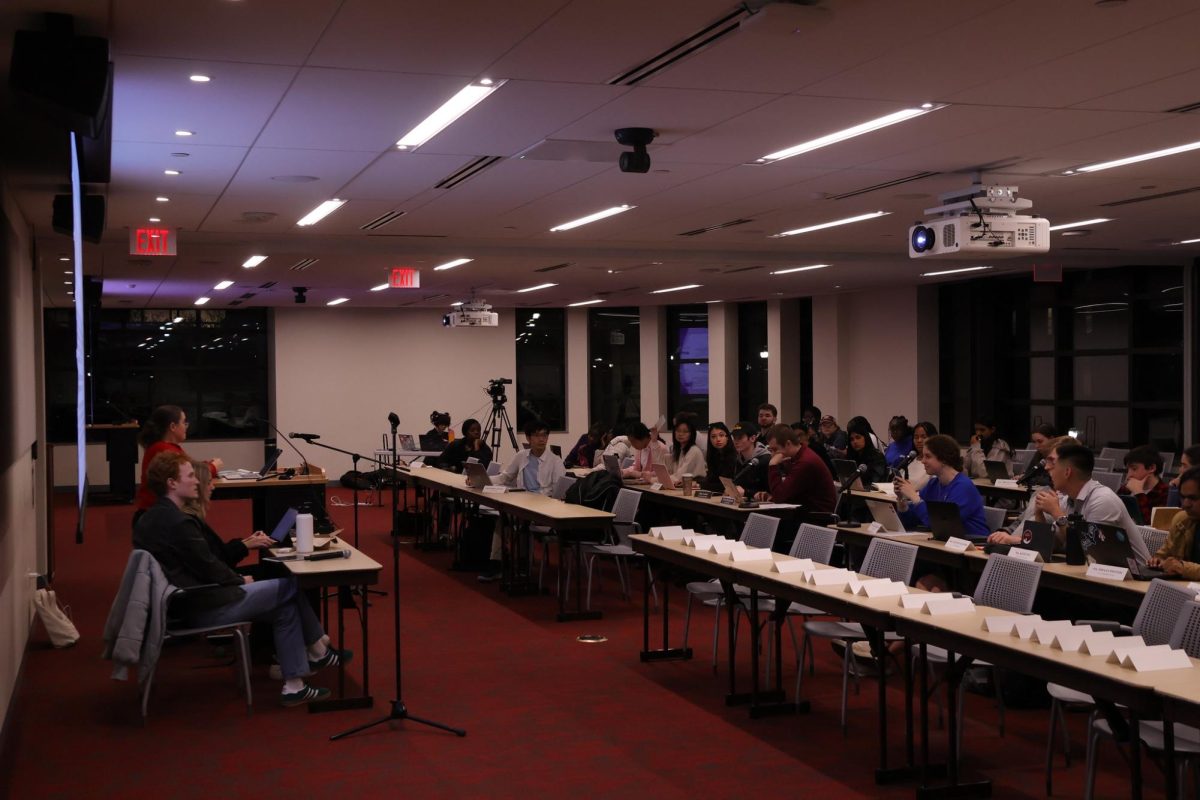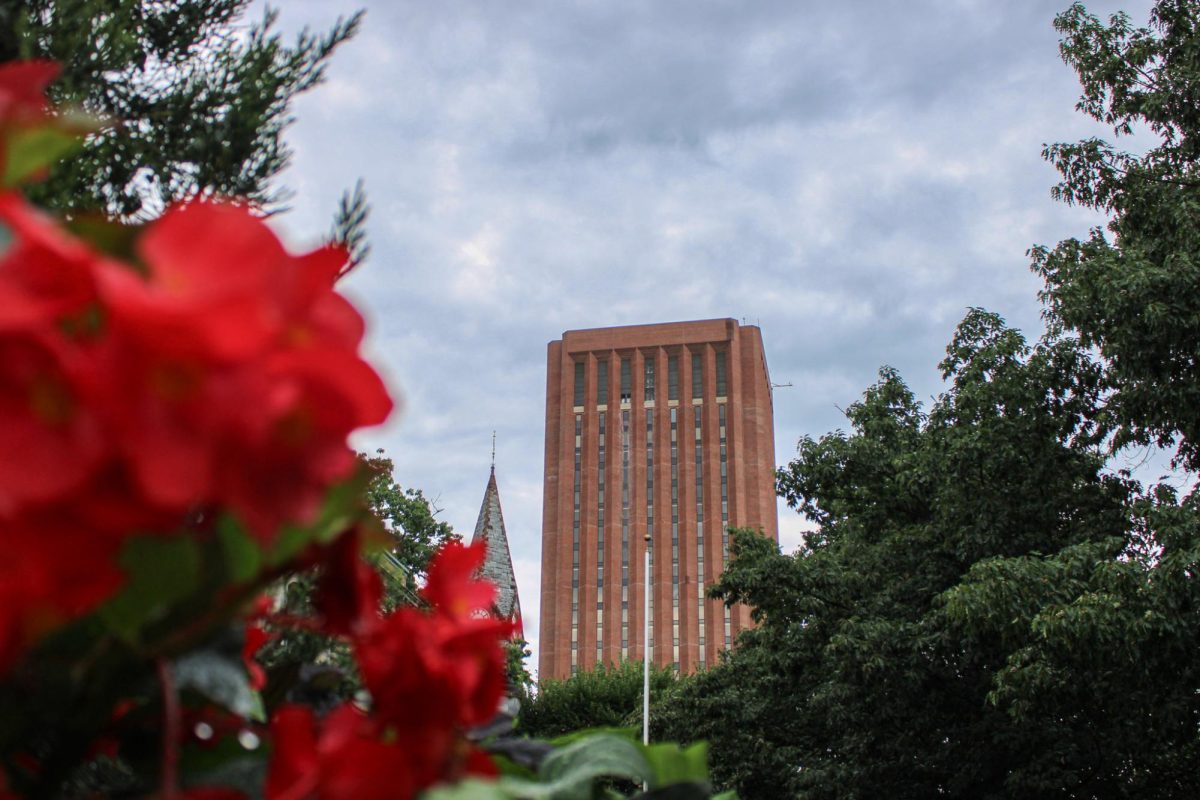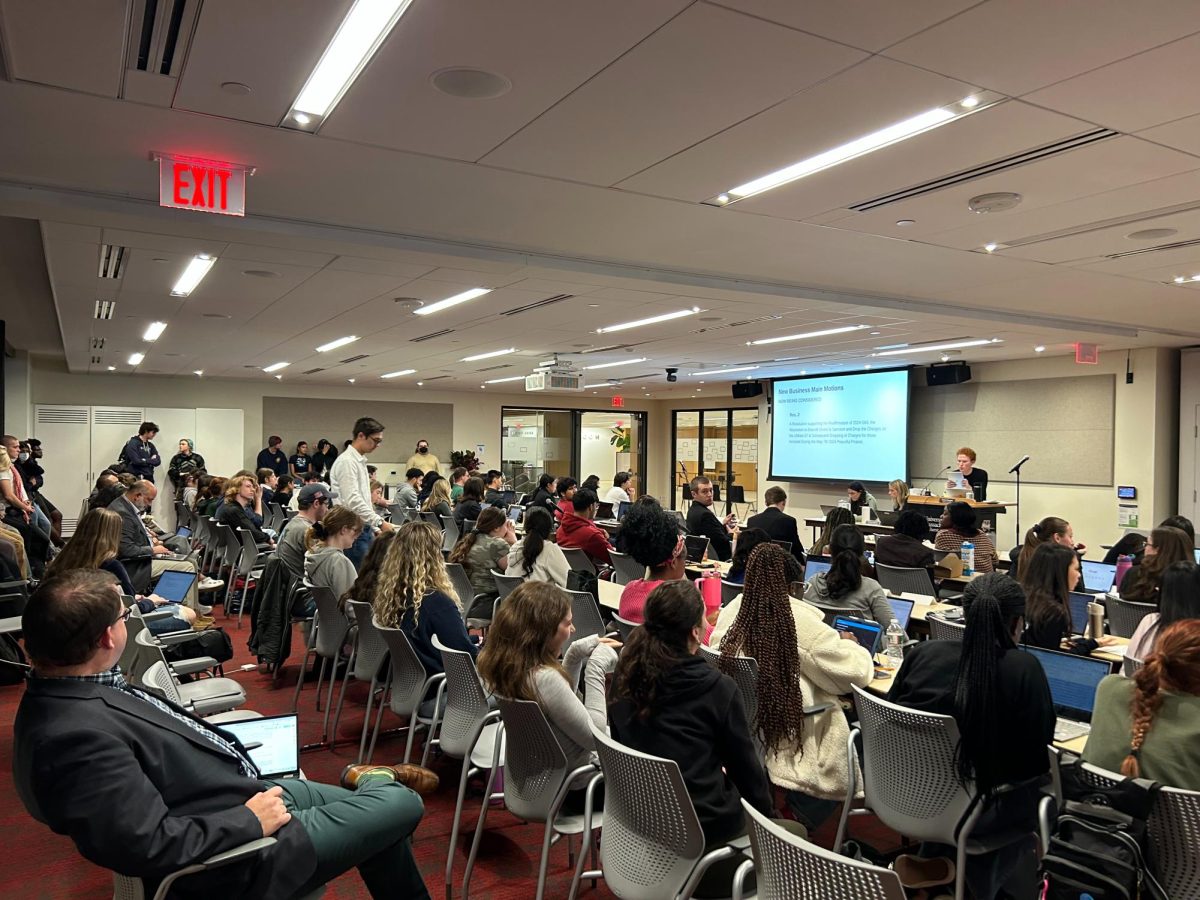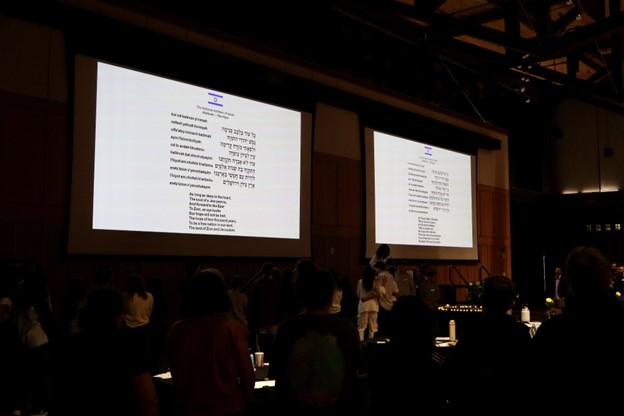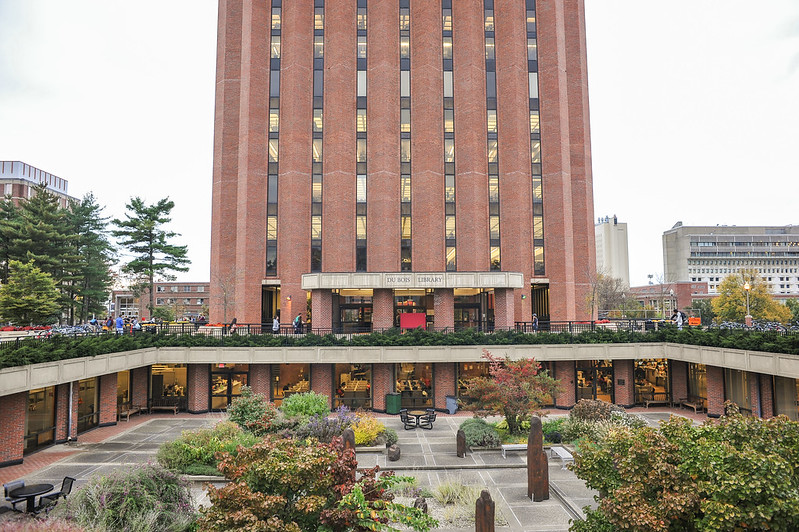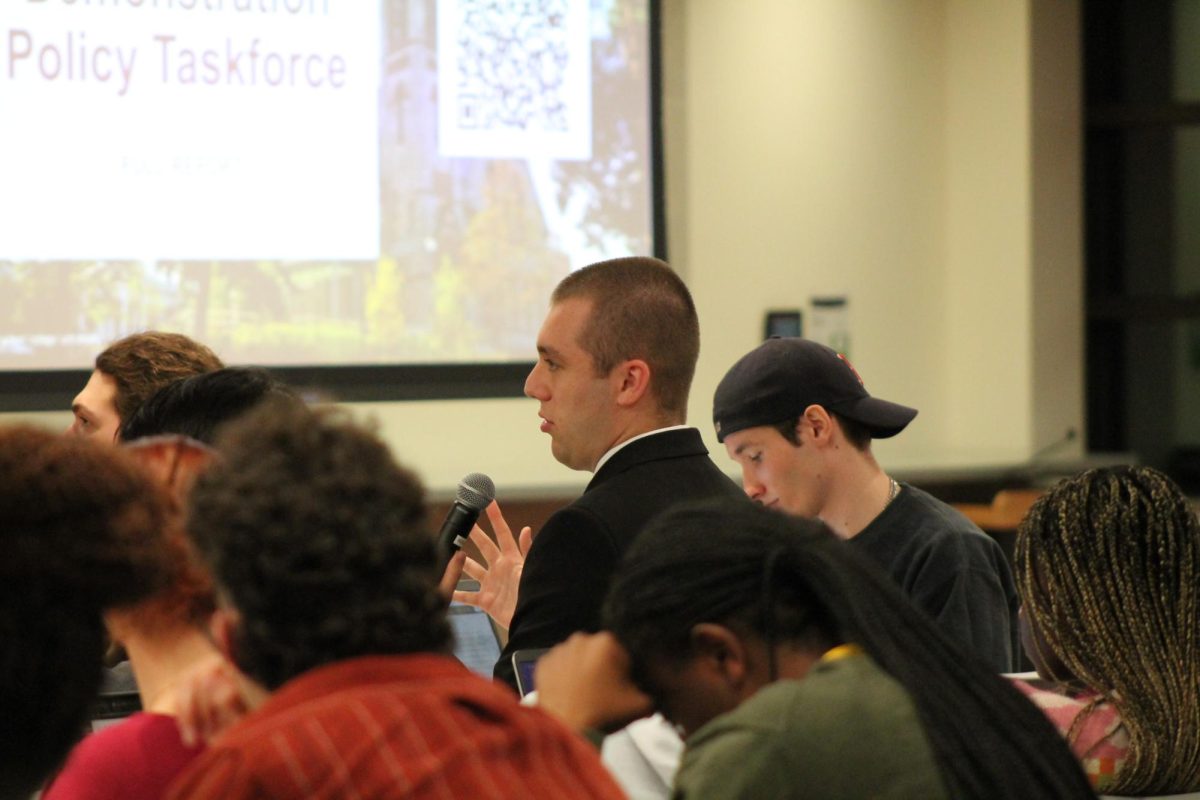
Textbooks don’t come cheap. In fact, a semester’s worth of books may even cost more than what some University of Massachusetts students pay for in-state tuition.
According to the American Enterprise Institute, textbook prices across the country are 812 percent higher than they were three decades ago, well surpassing the 559 percent increase in tuition and fees over the same period.
Due to the rising costs of pursuing higher education, a quarter of first-year students and a third of seniors often skimp on purchasing required academic materials, – such as textbooks – with a third of students believing that financial concerns affected their academic performance, according to the 2012 National Survey of Student Engagement.
More and more students are turning to alternate options for which to buy their academic necessities for less money. A variety of web resources such as Textbooks.com, Campus Book Rentals and Amazon, Inc. draw students in with the lure of online savings and hassle-free shopping.
Mitch Gaslin, co-owner and textbook manager at Food For Thought Books in Amherst, said bookstore business has become more challenging over the past few years because of online competitors. He said he believes people are taking advantage of the ability to look for used copies of books rather than purchasing them in bookstores.
“There has certainly been a decrease in sales in bookstores – everyone has seen that across the board,” Gaslin said.
Matt Herold, textbook manager at Amherst Books, said he has also seen a dramatic decrease in sales over the past few years.
“The decrease took hold when a law was passed a few years ago that required institutions like UMass to post their book lists online, so that changed the picture dramatically,” Herold said. “It used to be the case that only a few people would shop around online.”
“Customers will come into the store and look at a book but then go home and buy it online. So they’re using us like a library, not giving us any benefit,” Herold added.
Off-campus bookstores are not the only businesses seeing the difference, either.
“Online booksellers certainly negatively affect UMass and college bookstores,” said Director of the UMass Bookstore and Textbook Annex Ken Kahler in an email interview.
Data comprised by college research firm Student Monitor, LLC shows the trend of students aiming to lower the costs of their semi-annual textbook purchases in recent years, such as by renting or using buy-back options.
UMass junior Lindsay Davis said she purchases most of her books on Amazon.com.
“I definitely think the cheapest and most efficient way to buy textbooks is from online markets. Since most texts on Amazon are re-sales, the books are usually much cheaper,” she said.
Bookstores now face developing new ways for students to save money and to try and attract more students.
“Bookstores in the college market are adapting to the needs of the customer,” Kahler said, adding that the Textbook Annex offers “hundreds” of digital, rental and used titles.
Gaslin said that Food For Thought Books “tries to get used books whenever (we) can.”
“We work with faculty because sometimes they don’t realize how expensive books are when they require students to purchase them for a class,” he added.
UMass also offers one-stop shopping and online ordering on campus.
For some students, however, sometimes the Internet is too slow of a transaction.
Toby Gale, a UMass senior psychology student, considered finding books online but did not have enough time to do so before classes started.
“I’ve purchased all of my books since freshman year at the Textbook Annex,” he said. I think many of them will come in handy later on for graduate school or my future career.”
Most of his friends have also purchased their books at the Annex, Gale said.
Davis said that buying and selling back books at the Annex could be less expensive than other options, but that she finds that sometimes students will end up not even using the book for class..
“This has happened to me so many times, and when I go to sell back the book I only get a small portion of what I initially paid. That’s where the online market comes in; it’s easier, faster, and cheaper,” said Davis. “I think that’s more important than having a brand new book, and I think most college students would agree.”
Food For Thought Books also offers textbook buy-backs, according to Gaslin.
For many students, it simply comes down to financial priorities.
“A student would rather spend money on pizza than on a book, and if they can save a nickel or a dime, in a way, more power to them,” Herold said.
Samara Abramson can be reached at [email protected].

